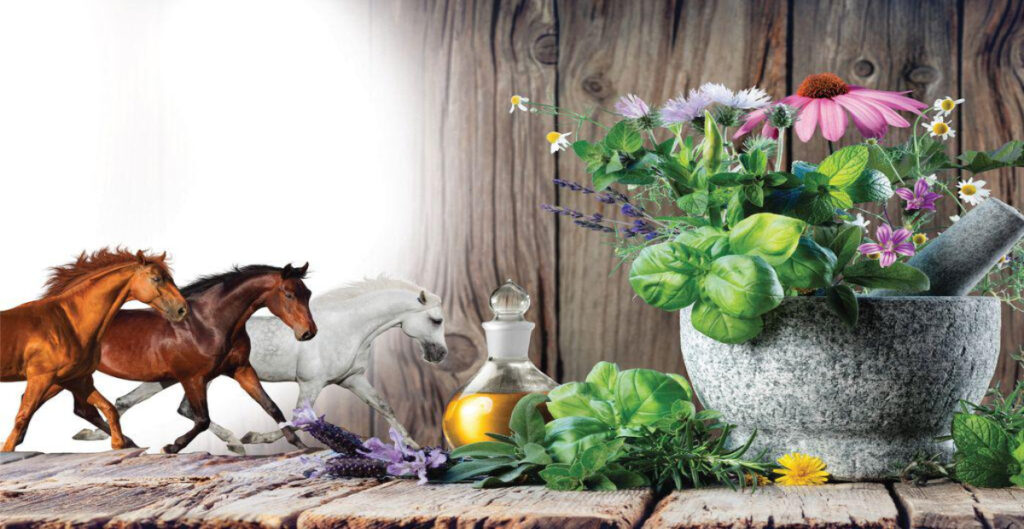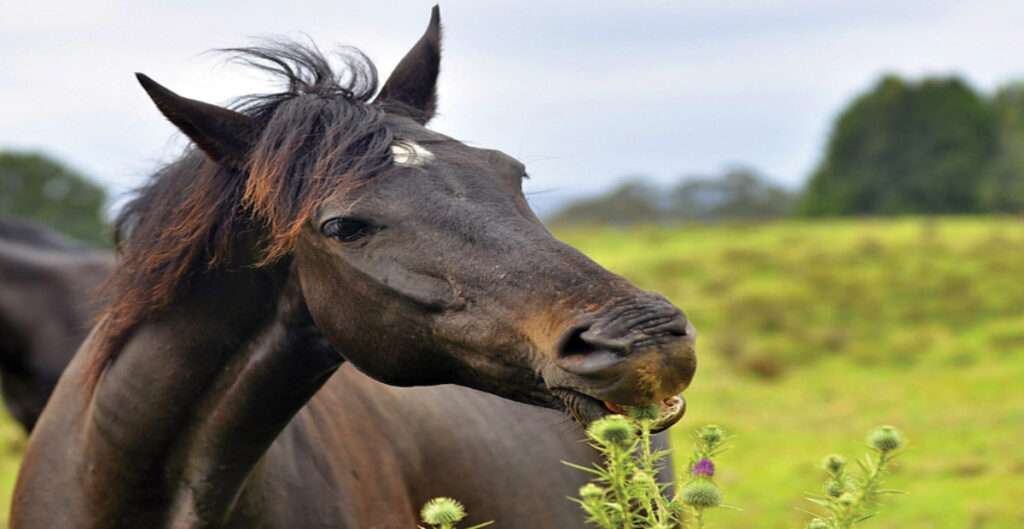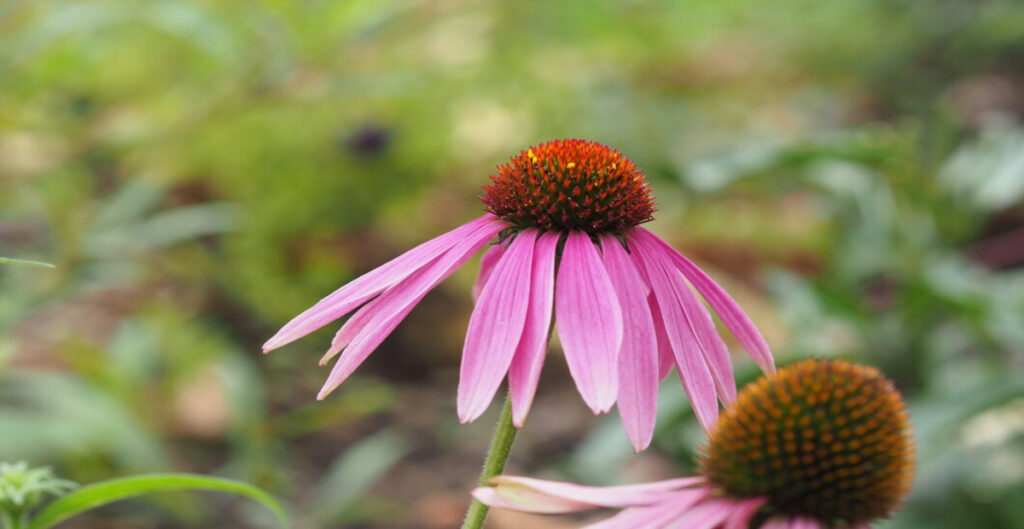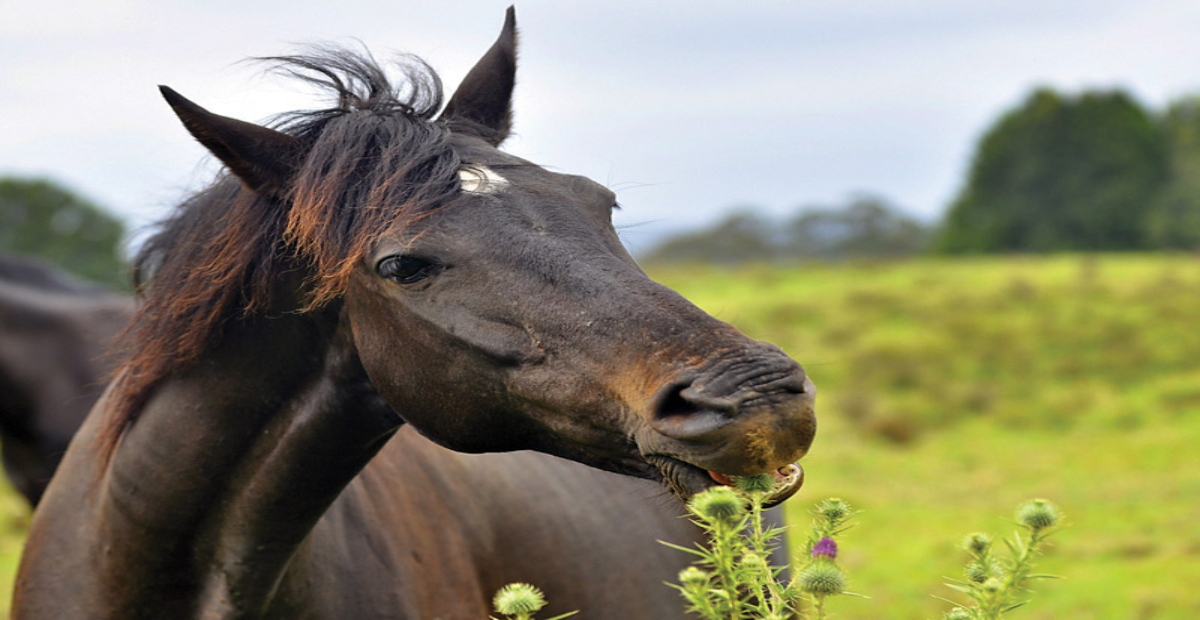
Similar to humans, herbal supplements for horses have evolved over the past 40 years from unique to commonplace.
There is no doubting their charm. Herbs were our original medicines after all. For example, willow bark, the source of salicylic acid, the main ingredient in aspirin, was used to treat fever and malaise in ancient Greece. In addition, a wide range of herbs, including peppermint, cayenne, and comfrey, have long been recognized for their therapeutic uses around the world. Herbs form the basis of many goods, even in this age of advanced pharmacology, and many people still consider plants for their healing properties.
It’s a good idea to familiarize yourself with herbal supplements, even if you’ve never given them to your horse. You will likely find them online and in feed stores. We’ve put together some basic information on the most popular herbs to feed horses so you don’t have to waste time looking through the vast amount of information out there.
Provide definitions for herbal terminology

However, it is important to define a few concepts first. Any plant product used for culinary, medicinal, or cosmetic purposes is generally considered an herb. In other words, your horse is theoretically eating a herb-rich diet because grass, hay, and other forages either include or contain herbs. Generally speaking, though, when we talk about nutritional supplements, we’re talking about plants that have molecules in them that are bioactive. Any organism that consumes them or those from which extracts with the desired properties can be obtained can be affected by them.
Most herbs have cumulative, slow-acting effects in horses, regardless of how they are eaten. However, this does not rule out the possibility of overdose or imbalance from herbal products. It’s also a bad idea to think that just because a product is labeled “natural” or “herbal,” it’s safe. It is true that some herbs, such as castor oil plants (Ricinus communis) and St. John’s wort (Hypericum perforatum), are poisonous to horses but not to other animals. As with any medication, read herbal product labels carefully and follow dosage recommendations.
There is one more thing to consider about horses competing in sanctioned races. A product is only sometimes allowed to be used in the show ring, even if it is natural and readily available. In fact, many event regulations prohibit not only certain drugs and nutritional supplements but also anything that might alter a horse’s behavior. Therefore, you are in breach of such a condition if you feed a plant substance with the intention of improving a horse’s performance or attitude. In addition, although the herbal sedative itself is not on the banned list, some of its ingredients may be, which could lead to a positive test result and exclusion.
With that in mind, let’s take a look at the most popular plants used to make herbal supplements for horses.
Devil’s Claw

Context: Native to the Kalahari region of southern Africa, devil’s claw is a plant. Its botanical name, Harpagopythum, translates to “hook plant” in Greek. This name refers to the fruit’s unusual appearance, as it is covered in tiny hook-like protrusions that attach to passing animals, which then disperse the fruit’s seeds. For generations, people have collected the roots and tubers of the plant and used them for medicinal purposes.
Claimed benefits: Devil’s claw contains large amounts of harpagoside, a substance with anti-inflammatory properties. Devil’s claw root has been shown in clinical research to reduce pain and increase joint mobility in a manner similar to pain medication treatment. The most common form of devil’s claw in equine supplements is found in joint support items. A 2018 pharmacokinetic study revealed that the active ingredient entered the bloodstream of horses within 30 minutes of dosing with no clinically identifiable adverse effects, while efficacy research is still pending.
Because of its bitter nature, devil’s claw could increase gastric secretions and should not be given to horses with a history of gastric ulcers.
Echinacea

Background: The word “Echinacea” refers to a collection of native North American flowering plants in the daisy family. Conifers, or Echinacea purpurea, Echinacea angustifolia, and Echinacea pallida, are the common sources of echinacea extract used in supplements.
The purported benefits of Echinacea species include alkamids, polysaccharides, and caffeic acid derivatives. Animal and laboratory research suggests that echinacea extract stimulates immune cells. In experimental conditions, specific components of echinacea also destroy microbes and viruses, reduce inflammation and relieve pain. Human studies have shown that echinacea can shorten the duration of a cold, but it is ineffective in treating respiratory infections or preventing the common cold. In healthy horses, echinacea extract stimulated white blood cell function and increased hemoglobin and red blood cell levels, according to a 2002 Canadian study. According to researchers, this may improve athletic performance.
Caution: Research shows that eating echinacea can change the way the liver processes certain drugs in people. Additionally, those allergic to ragweed, daisies, or mums may experience negative responses when using echinacea. There is no safety or dosage information for horses.
Welcome!
The “Next Page” button will appear after 30 seconds.
